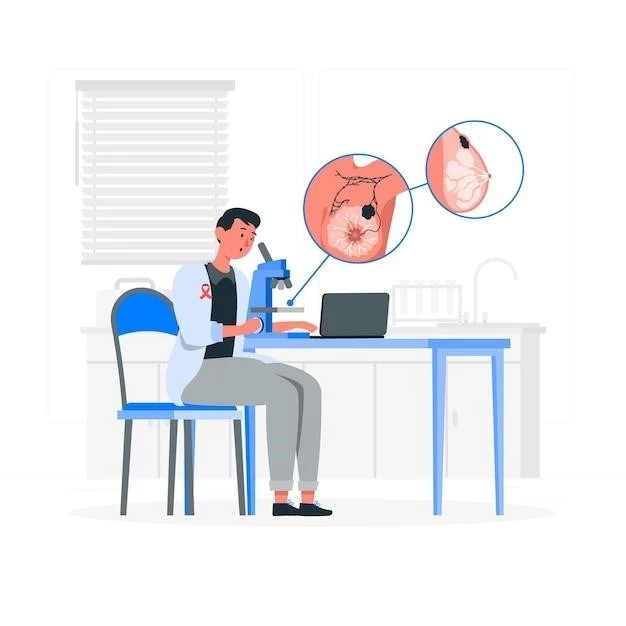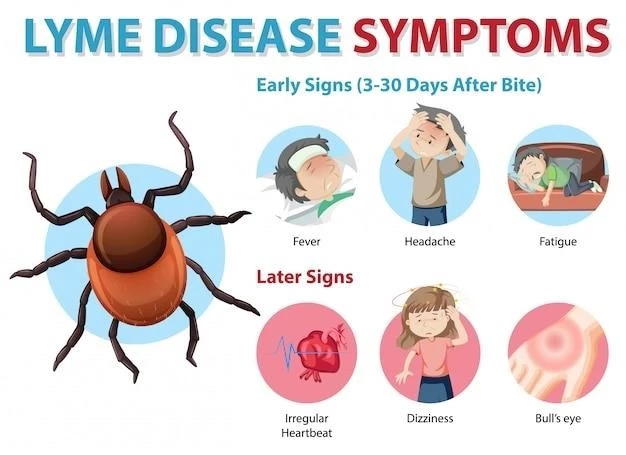Understanding Ascariasis ⎯ a parasitic infection caused by the roundworm Ascaris lumbricoides. Causes, symptoms, diagnosis, treatment, prevention, complications, impact on children, and global burden are vital aspects to consider.
Causes of Ascariasis ⎯ The main cause is the ingestion of Ascaris eggs found in contaminated food, soil, or water. Once ingested, the eggs hatch in the intestine, and the larvae migrate through various organs, completing their life cycle in the intestine. Poor sanitation and hygiene practices are primary factors contributing to the spread of Ascariasis. In areas with inadequate sanitation, human feces containing Ascaris eggs can contaminate the soil or water sources, creating an environment where transmission thrives. Additionally, lack of access to clean water or proper waste disposal facilities increases the risk of infection. Children are particularly vulnerable as they may play in contaminated areas and have a higher likelihood of putting dirty hands or objects in their mouths. Understanding these underlying causes is crucial in preventing and controlling Ascariasis.
Symptoms of Ascariasis — Common symptoms include abdominal pain, cough, shortness of breath, nausea, and vomiting. As the parasite travels through the body, it can cause blockages leading to complications. Severe infections may result in intestinal obstruction or malnutrition due to a reduced appetite. In some cases, the larvae can migrate to other organs such as the lungs or bile ducts, causing more serious problems. Children infected with Ascaris may experience stunted growth or cognitive development issues. Recognizing these symptoms is crucial for early diagnosis and effective treatment of Ascariasis.
Diagnosis of Ascariasis ⎯ Diagnosis involves identifying Ascaris eggs or adult worms in stool samples. In some cases, healthcare providers may recommend imaging tests like ultrasounds or endoscopy to visualize the presence of worms in the body. Blood tests can also indicate infection by detecting antibodies produced in response to the parasite. It is essential to consult a healthcare professional for accurate diagnosis and appropriate treatment, especially if experiencing symptoms or living in areas where Ascariasis is prevalent.
Treatment of Ascariasis — Medications such as albendazole or mebendazole are commonly prescribed to eliminate Ascaris worms from the body. These medications work by either killing the worms directly or inhibiting their ability to absorb nutrients, leading to their expulsion. In some cases, surgical intervention may be necessary to address complications like intestinal blockages caused by a heavy worm burden. It is crucial to follow the prescribed treatment regimen and attend follow-up appointments to ensure successful eradication of the parasite and prevent recurrence of infection.
Prevention of Ascariasis ⎯ Measures to prevent infection include improving sanitation practices, promoting handwashing with soap and clean water, and avoiding contact with contaminated soil; Proper waste disposal and treatment of drinking water sources are essential to minimize the spread of Ascaris eggs. Health education programs can help raise awareness about the importance of hygiene and sanitation in preventing parasitic infections. Regular deworming programs in high-risk areas can also reduce the burden of Ascariasis. By implementing these preventive strategies, individuals and communities can protect themselves from this parasitic disease.
Complications of Ascariasis, Severe cases of Ascariasis can lead to intestinal obstruction, particularly in children, causing abdominal pain, bloating, and vomiting. In rare instances, the worms can migrate to other organs like the liver or pancreas, resulting in serious complications. Pneumonia may occur if larvae travel to the lungs, causing symptoms such as coughing and difficulty breathing. Malnutrition is another concern as the worms may compete for nutrients within the body. Recognizing and treating Ascariasis promptly can help prevent these complications and improve the overall health outcomes of those affected.
Ascariasis in Children ⎯ Children are particularly vulnerable to Ascariasis due to their immature immune systems and tendencies to put contaminated objects in their mouths. Infections in children can lead to malnutrition, stunted growth, and cognitive development issues. Severe cases may result in intestinal blockages or complications if the worms migrate to vital organs. Implementing deworming programs in schools and communities, promoting good hygiene practices, and educating caregivers about the risks of Ascariasis are crucial steps in protecting children from this parasitic infection.
Global Burden of Ascariasis ⎯ Ascariasis is considered one of the most common parasitic infections worldwide, especially in areas with poor sanitation. It affects millions of people, with children being disproportionately impacted. The burden of the disease extends beyond health, contributing to social and economic challenges in affected communities. Addressing the global burden of Ascariasis requires concerted efforts in improving sanitation infrastructure, access to clean water, implementing deworming campaigns, and promoting health education. By prioritizing preventive measures and effective treatment strategies, the global impact of Ascariasis can be significantly reduced.

